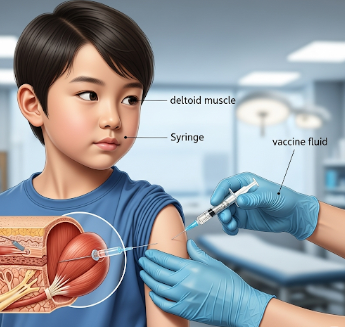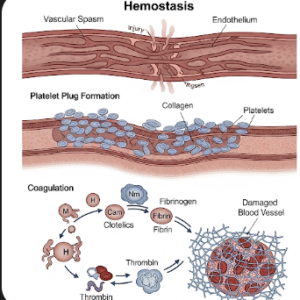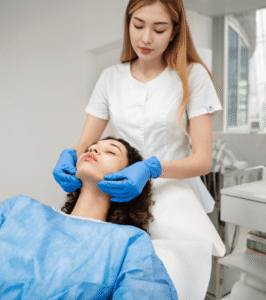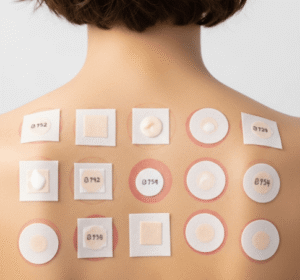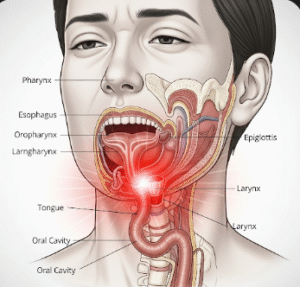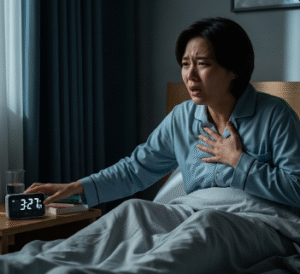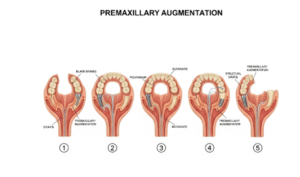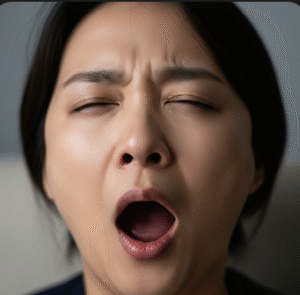Overview
The MMR vaccine is a combined immunization that protects against Measles, Mumps, and Rubella, three highly contagious viral infections. It is recommended as a routine childhood vaccine and for certain adults who are not immune.
In Korea, the MMR vaccine is widely available at public health centers, pediatric clinics, and hospitals, ensuring high vaccination coverage and effective prevention of outbreaks.
Highlights:
- ✅ Protects against measles, mumps, and rubella
- ✅ Reduces risk of serious complications
- ✅ Safe and widely used in children and adults
- ✅ Can be part of routine immunization schedules
What is the MMR Vaccine?
The MMR vaccine is a live attenuated vaccine that stimulates the immune system to produce antibodies against the three viruses:
- Measles: Highly contagious virus causing fever, rash, and complications like pneumonia or encephalitis
- Mumps: Causes swelling of salivary glands, fever, and rare complications such as meningitis or infertility
- Rubella: Mild illness in children but can cause severe birth defects if contracted during pregnancy
Important: The vaccine is preventive, not therapeutic, meaning it protects before exposure to the viruses.
What are the benefits?
- Disease prevention: Strong immunity against measles, mumps, and rubella
- Reduced outbreak risk: Protects communities by creating herd immunity
- Safe for most individuals: Mild side effects are rare and usually short-lived
- Protection during pregnancy: Immunity before pregnancy prevents rubella-related birth defects
Key benefits highlighted:
- ⚡ Long-lasting immunity after two doses
- ⚡ Significant reduction in hospitalizations and complications
- ⚡ Contributes to public health by preventing epidemics
- ⚡ Widely recommended by WHO and national health authorities
Procedure Details
1) How should I prepare for the MMR Vaccine?
- Medical history: Inform your healthcare provider of allergies, pregnancy, or immunodeficiency
- Timing: Ensure the child or adult is healthy; mild illness is usually not a contraindication
- Previous vaccinations: Check if prior MMR doses have been administered
- Consent: Parents or guardians should provide consent for children
2) What happens during the MMR vaccination?
- Administration: Subcutaneous injection, usually in the upper arm or thigh
- Observation: Short observation (15–30 minutes) to monitor for immediate reactions
- Documentation: Vaccination recorded in the patient’s immunization card or electronic record
Duration: Quick procedure, usually under 5 minutes
3) What happens after the MMR vaccination?
- Common side effects: Mild fever, rash, or soreness at the injection site
- Care at home: Pain or swelling can be relieved with cold compress or acetaminophen if recommended
- Follow-up dose: A second dose is typically given at 4–6 years of age for children or as advised for adults
- Monitoring: Watch for rare allergic reactions, which require immediate medical attention
Highlights for post-vaccination care:
- ⚡ Mild side effects usually resolve in 1–3 days
- ⚡ Keep the injection site clean and dry
- ⚡ Report any severe allergic reaction immediately
- ⚡ Maintain vaccination records for future reference
Risks / Benefits
Risks:
- Mild fever, rash, or swelling at injection site
- Temporary joint pain in adolescents or adults
- Rare allergic reactions (anaphylaxis)
Benefits:
- Strong protection against three viral infections
- Prevents serious complications and hospitalizations
- Contributes to community herd immunity
- Safe and effective for most children and adults
Recovery and Outlook
- Immediate: Usually no downtime; children can resume normal activities
- Full immunity: Develops within 2–3 weeks after vaccination
- Long-term: Two doses provide long-lasting protection against measles, mumps, and rubella
- Follow-up: Second dose ensures complete immunity and should be documented
Tips for optimal post-vaccination care:
- ✅ Monitor for mild fever or rash
- ✅ Use cold compress for injection site discomfort
- ✅ Keep vaccination record safe for school or travel requirements
- ✅ Seek medical care for severe reactions
When To Call the Doctor
- High fever (>39°C / 102°F) lasting more than 2 days
- Severe rash or swelling
- Difficulty breathing, wheezing, or signs of anaphylaxis
- Persistent vomiting or unusual behavior
- Any concern about allergic reaction
Best Korea Option / Process
Korea provides high-quality MMR vaccination services:
- Top hospitals and clinics: Pediatric and public health centers
- Reliable supply: National immunization program ensures safe, WHO-approved vaccines
- Professional care: Trained nurses and pediatricians administer and monitor vaccination
- International patient support: Guidance for foreign residents and travelers
Step-by-step process in Korea:
- Pre-vaccination consultation and health assessment
- Subcutaneous injection of MMR vaccine
- Short observation period for immediate reactions
- Documentation and scheduling of the second dose
- Follow-up if adverse reactions occur or booster doses are needed

